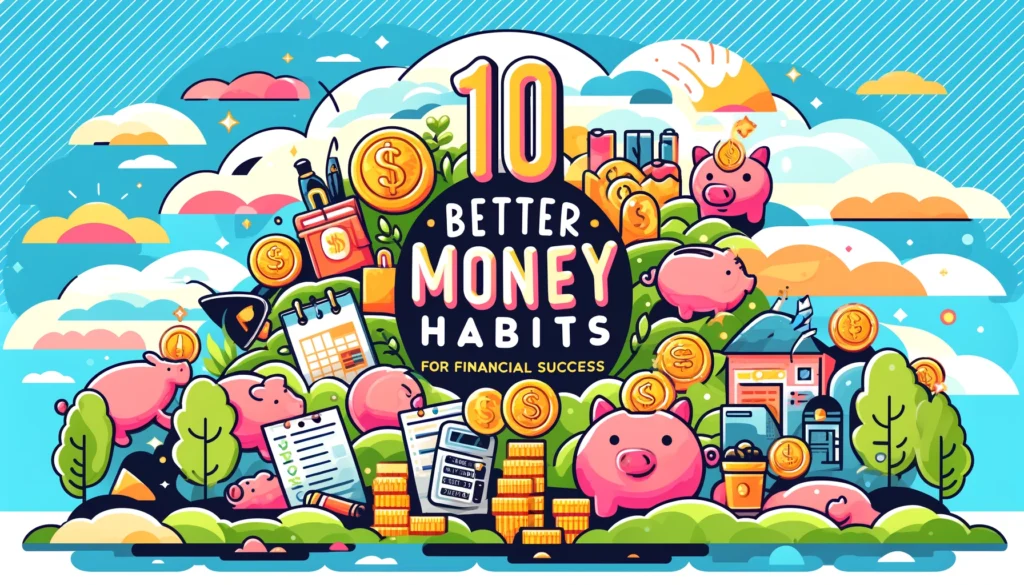Understanding Credit Counseling: A Comprehensive Guide
Welcome to our comprehensive guide on credit counseling. In this article, we will explore the ins and outs of credit counseling, from what it is and how it works to the benefits and potential drawbacks. We’ll also compare it with other debt management solutions like debt settlement and debt consolidation. By the end of this article, you’ll have a clear understanding of how credit counseling can help you manage your debt effectively.
Index
What is Credit Counseling?
What is credit counseling? Credit counseling is a service that provides guidance on consumer credit, money management, debt management, and budgeting. The primary aim is to help individuals manage their debt and avoid bankruptcy. Credit counseling organizations are typically non-profit entities dedicated to educating consumers on financial responsibilities.
A licensed credit advisor or credit counselor will work with you to review your financial situation and develop a plan to tackle your debt. This could include setting up a budget, negotiating lower interest rates, or creating a debt management plan.
Define credit counseling and its objective. Credit counseling helps individuals navigate through their debt by providing tailored advice and strategies. The goal is to help you gain control over your financial situation without resorting to bankruptcy.
How Does Credit Counseling Work?
How does credit counseling work? It’s a structured process that begins with an initial counseling session, typically lasting an hour. During this session, the counselor reviews your financial status, including income, expenses, and debts. Follow-up sessions can be scheduled as needed.
Here are the steps involved in credit counseling:
One of the key aspects of credit counseling is the debt management plan. Under a DMP, you deposit money monthly into an account managed by the credit counseling organization. This money is then used to pay your unsecured debts like credit card bills. The advantage is that it simplifies your payments and may lead to reduced interest rates and waived fees.
Want to know more about how credit counseling works?
Benefits of Credit Counseling
Credit counseling offers numerous advantages that make it an appealing option for managing debt. Here are some of the primary benefits:
Does credit counseling hurt your credit? This is a common concern. Using a debt management plan might impact your credit report temporarily, but it’s usually less damaging than missed payments or bankruptcy.
Is Credit Counseling Worth It?
The question many ask is, Is credit counseling worth it? The answer largely depends on your situation. If you’re overwhelmed by debt but can still make minimum payments, credit counseling can offer a structured way to manage your financial obligations.
One of the significant advantages is that it provides a single monthly payment, simplifying your finances. Additionally, the potential for reduced interest rates and waived fees can make it easier to pay off your debt quicker.
However, it’s essential to consider the costs involved. While many non-profit agencies offer free initial consultations, there may be fees for debt management plans. Always ask about fees and services before committing to a plan. For more detailed information, check out what is credit counseling.
Credit Counseling vs. Debt Settlement vs. Debt Consolidation
Understanding the differences between credit counseling, debt settlement, and debt consolidation is crucial for making an informed decision.
Credit Counseling:
Debt Settlement:
Debt Consolidation:
When answering what is a credit counselor, it’s essential to highlight that credit counselors work with you to develop a budget and a debt management plan. They aim to lower monthly payments by negotiating with creditors, but they do not reduce the total amount you owe like debt settlement companies do.
What do credit counselors do that differs from other services? They offer personalized financial advice and help you develop better money management skills, unlike debt settlement companies that focus purely on reducing the debt amount.
How to Find a Licensed Credit Counselor
Finding a reputable credit counselor is crucial for effective debt management. Here are some steps to ensure you find a licensed credit advisor:
What does a credit counselor do to help you manage your debt? They offer personalized advice, help create a budget, and negotiate with creditors to reduce interest rates and waive fees.
Knowing what do credit counselors do can give you confidence in your decision to seek their help. They are there to guide you, provide support, and help you develop strategies to manage your debt effectively.
Potential Drawbacks of Credit Counseling
While credit counseling offers numerous benefits, it’s essential to be aware of potential drawbacks:
The credit counseling definition emphasizes its role in providing long-term financial solutions. Unlike quick fixes offered by some other services, it requires a commitment to the process.
Does credit counseling ruin your credit? This is a common concern. While it may have a temporary impact, the long-term benefits of managing and reducing your debt generally outweigh the initial impact on your credit score.
Remember, the goal of credit counseling is to provide you with the tools and strategies to manage your debt effectively. By understanding the potential drawbacks, you can make an informed decision about whether it is the right choice for you.
Conclusion
In conclusion, credit counseling can be an excellent option for those struggling with debt but not yet facing bankruptcy. By working with a licensed credit advisor, you can gain control over your finances, develop better money management habits, and work towards becoming debt-free.
Understanding how does consumer credit counseling work and the credit counseling definition is essential for making an informed decision. While there may be some potential drawbacks, the benefits often outweigh them, providing long-term financial stability.
If you’re considering credit counseling, take the time to research and find a reputable agency that aligns with your needs. Remember, the journey to financial freedom begins with the right guidance and support.

